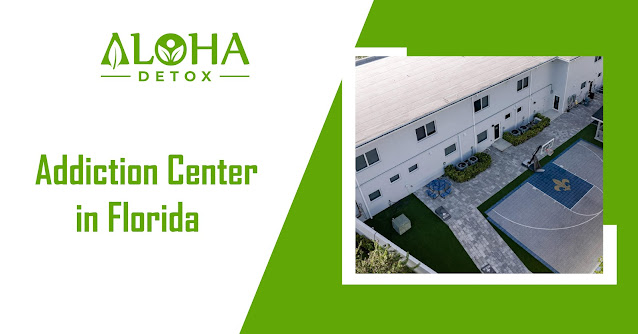Relapse Prevention Skills
Alcohol and opioids have the highest relapse rates during the first year. A strong and customer-centric relapse prevention plan works as a shield in recovery.
Relapse can be terrifying. Rehabs are not final destinations or rubber stamps that there won’t be a relapse. Transitioning from rehab to daily life can be daunting. A person has to face a lot of things simultaneously. Returning from rehab means returning to a trigger-prone environment. Studies indicate that relapse is most frequent in the first six months. But relapse prevention skills at Aloha Detox can serve as a preventive dose in the external world.
As per the United States Department of Veterans Affairs, relapse is a process and event. It is not a sudden event; it is a conglomeration of processes that leads to progressive behaviors of relapse. Relapse prevention plans are not accurate proof that nothing can go wrong. But they work as shields to safeguard recovery and reduce or avoid the effect of emotional regulations. Proactivity, health, and emotional regulations are assets that are vital for staying sober. The relapse prevention plan works as an exercise and blueprint to craft sobriety.
What is a Relapse Prevention in Addiction?
Relapse Prevention plans help you develop coping skills, recovery tools, and mindfulness exercises that work as support to decrease the likelihood or re-occurrence of relapse. The plan is based on the treatment structure and roots associated with addiction. Relapse prevention plans are a new way of learning skills and modalities that help to survive storms of emotional and behavioral changes. It is a regimen that helps in replacing unhealthy behaviors with healthy and positive habits.

Relapse Prevention Skills
Warning Signs and Stages of Relapse
Relapse occurs when a series of behaviors and processes occur simultaneously. Relapse is not a moral failure, or a person has failed. Relapse is a telltale that a person’s addiction treatment needs to be changed or adjusted. The stigma of relapse does not declare success or failure.
A person undergoes emotional and mental relapse prior to lapsing into the final stage of Physical relapse.
Symptoms and Signs of Relapse
Emotional Relapse
- Isolating
- Suppressing Emotions
- Not attending support group meetings
- Not participating
- A poor daily regimen of eating and sleeping
Mental Relapse
- Breakdown of cognitive process
- Escaping their emotional and mental needs
- Cravings for substance
- Fascinated with past use
- Bargaining about uses
- Finding and planning opportunities to relapse
Physical Relapse
– One drink is enough for a physical relapse.
Strong coping skills learned at Addiction Treatment Center are key to managing such distressing situations.
Effective and Customer-centric Relapse Prevention Skills
At Aloha Detox, we offer comprehensive and tailored relapse prevention skills that improve the chances of long-term sobriety. Relapse is not a failure; it’s just an obstacle that requires modification. At our Addiction Treatment Center in Florida, we help clients to build a successful relapse prevention plan. We integrate numerous modalities and develop skills that help them survive in the storm.
Our program includes:
Coping skill development
- Individual Therapy
Group Counselling
Educational Workshop - Experiential group Activities
- Behavioral Therapies and more.
If you or your loved one has relapsed, understand it’s a part of recovery. Strengthen your recovery and achieve sobriety. The ups and downs part of recovery are worthwhile and much less dark rather than lapsing down the path of addiction. The right support and relapse prevention skills can make the journey easier. Getting treatment is an ultimatum and the best option to stay away from spirals of disease. Get help at Aloha Detox info@alohadetox.com or call us at 888-892-5642.


Comments
Post a Comment